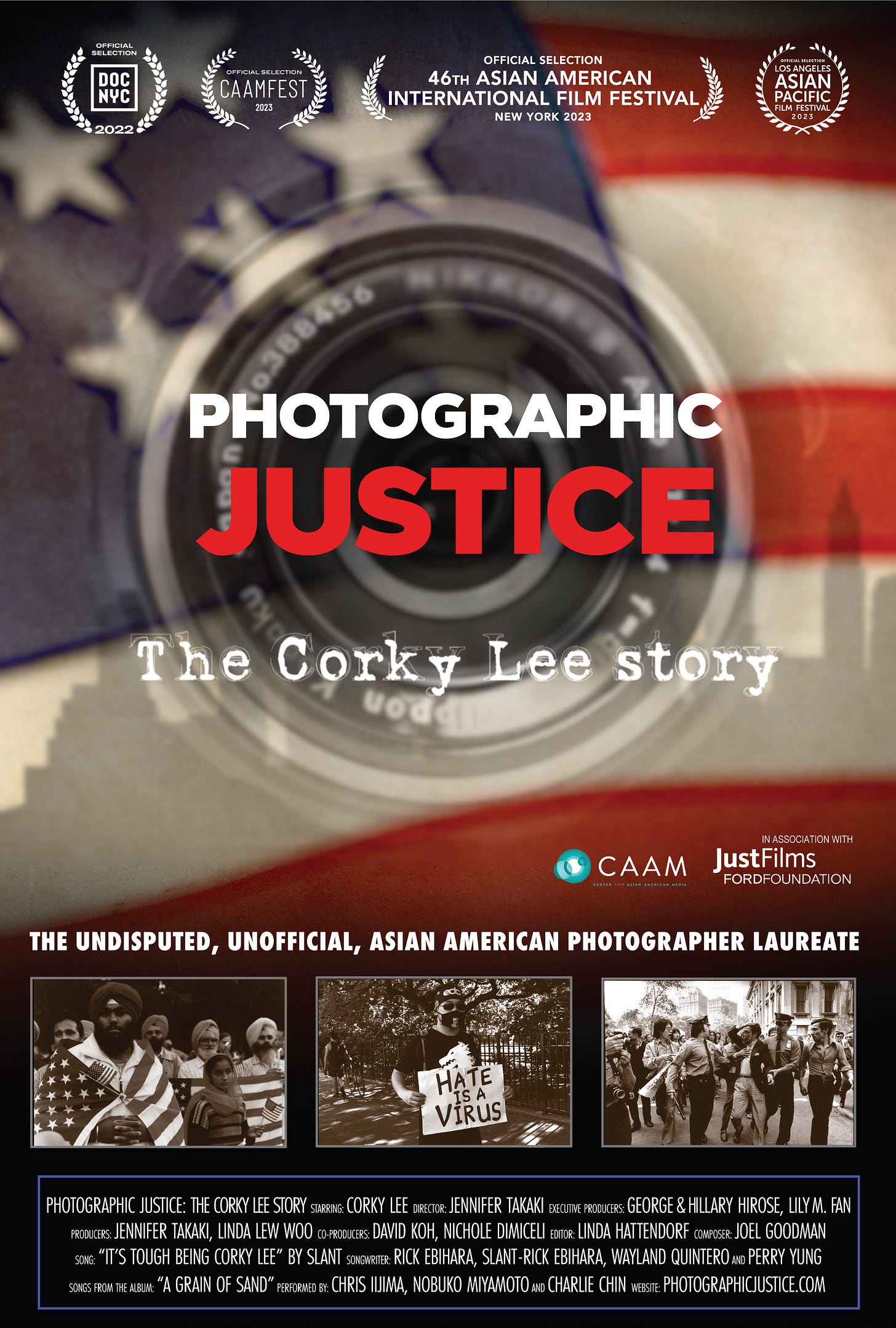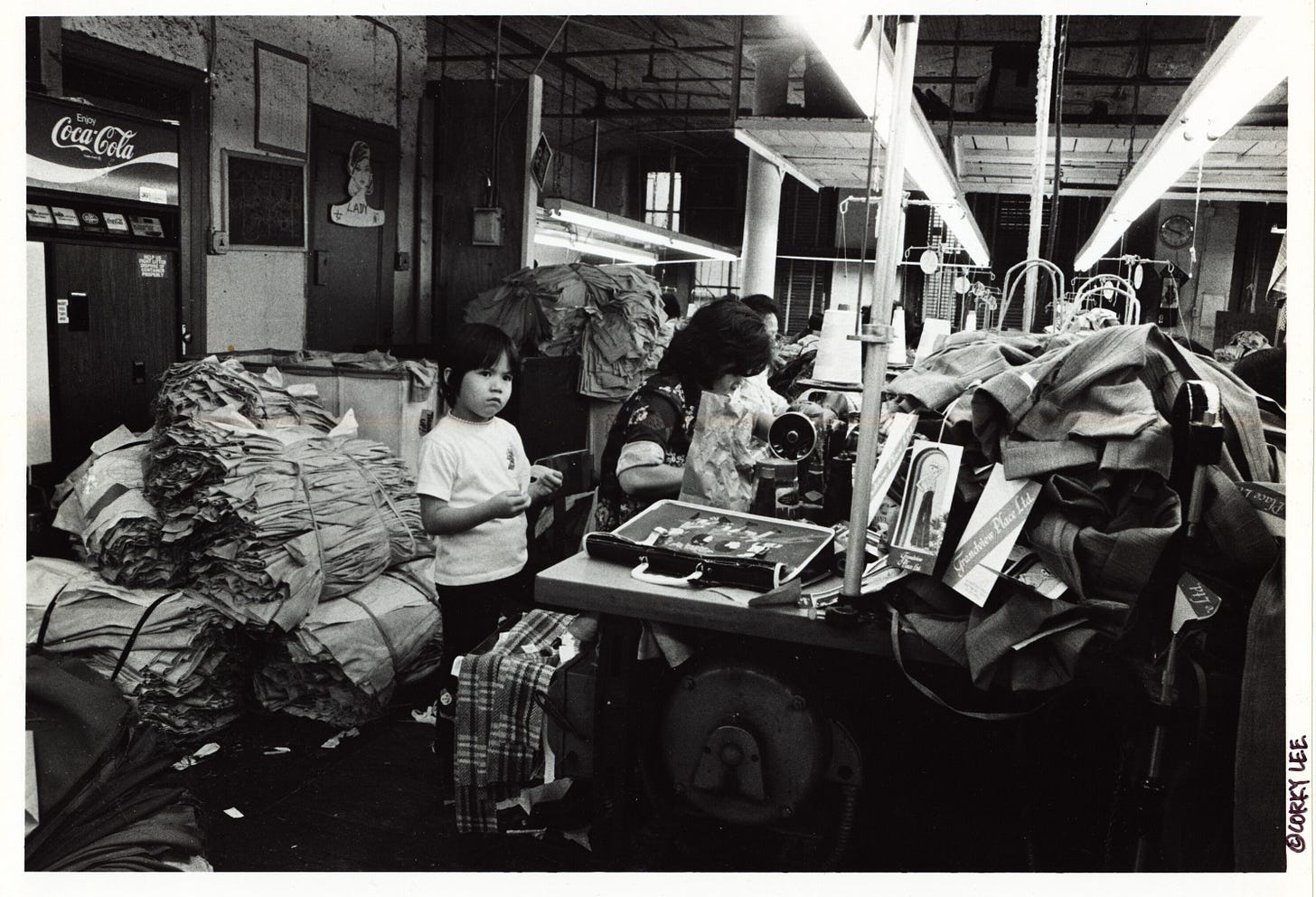Photographic Justice focuses on Corky Lee's impressive life
Streaming Movie Review - PBS - Documentary
It’s hard to know when you have a blind spot. After all, it’s right there in the name. Something you’re unable to see because of any number of factors. Despite Corky Lee’s work spanning five decades, blending photography and activism for the Asian American and Pacific Islander (AAPI) community, I was unfamiliar with his work. Thanks to Jennifer Takaki’s documentary, “Photographic Justice: The Corky Lee Story,” airing on PBS on Monday, I now have a better understanding of this man and his revolutionary work.
The documentary follows Lee’s story through his activism in the 1970s when he photographed police violence against Asian Americans protesting the Vietnam War. He was one of the lone people to document people in the AAPI community. In junior high school, he saw an 1869 photograph of people who worked on the Transcontinental Railroad, but when he examined it, he realized that none of the Chinese migrant workers were included in the picture. In 2014, he recreated the picture, this time using Asian Americans, including descendants of people who worked on the original railroad. He referred to moments like these as “photographic justice,” hence the title of the film.
This film was a labor of love for Takaki. She met Lee in 2003 and when she realized who he was and his impact on the AAPI community, she interviewed him for her YouTube channel. Over the next two decades, Takaki would spend time recording and interviewing this icon to bring his story to a wider audience.
The documentary includes a number of personal stories about Lee, as well as a deep dive into his work. There are numerous interviews and the inclusion of much of his photographic work. The film shows Lee’s process for categorizing and storing his photos, as well as how he chose to develop various pieces, allowing the audience to understand how he highlighted various aspects of what he saw.

But lest you think this is simply a cold look at a photographer's life, this film also takes time to explore Corky Lee, the husband, the partner, the son, and the community member. Lee is filmed interacting with his family and with those whose stories he was there to tell. The movie gives the audience a full look at Lee’s life and work.
Lee passed away in 2021 from complications with COVID as he was documenting the uptick in hate crimes against AAPI people. He knew the importance of telling the stories of people who were bearing the weight of racist rhetoric surrounding the virus, and he paid the ultimate price. But their stories live on through his work, and his story lives on through this documentary. We all have our blind spots, but I am grateful for those who hold up a camera to them and force us to look.
This review originally appeared in The Dominion Post on May 11, 2024.
See my full interview with filmmaker and director Jennifer Takaki.



